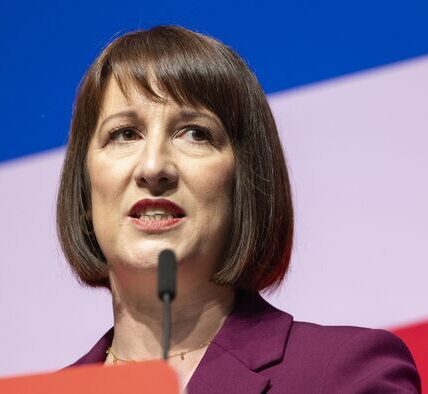The Government did not confirm how much individual households are estimated to save from the cheaper clean electricity.

Ed Miliband has signed a deal on Sizewell C (Image: Getty/EDF)
Consumers’ energy bills will rise to fund the construction of a major nuclear plant after Ed Miliband struck a deal worth £38billion. The Energy Secretary on Tuesday signed the final investment decision to give Suffolk’s Sizewell C the green light, the Department for Energy Security & Net Zero (DESNZ) said.
An average of £1 will be added to each household’s energy bills per month from autumn over the duration of the construction phase, which is expected to be at least 10 years. When Sizewell C is up and running, it is expected to create savings of up to £2billion a year across the future low-carbon electricity system.
The National Wealth Fund – the Government’s investment vehicle – is providing the majority of the debt finance with a loan of up to £36.6billion.
The government’s stake in the project is 44.9%, while Centrica, EDF, La Caisse and Amber Infrastructure will also have holdings in exchange for funding.
The final deal clinches the investment needed to deliver the long-awaited nuclear plant since it was first earmarked for development in 2010.
It also confirms the cost of Sizewell C’s construction, which is nearly double a previous forecast of about £20billion by developer EDF five years ago.
Mr Miliband said: “It is time to do big things and build big projects in this country again – and today we announce an investment that will provide clean, homegrown power to millions of homes for generations to come.
“This government is making the investment needed to deliver a new golden age of nuclear, so we can end delays and free us from the ravages of the global fossil fuel markets to bring bills down for good.”
Chancellor Rachel Reeves said the development would reduce the UK’s reliance on “foreign dictators” for energy.
Sizewell C is expected to create 10,000 direct jobs, thousands more in firms supplying the plant and generate enough energy to power six million homes, the Treasury said.
Ms Reeves added: “This is a public-private consortium. We as a Government are putting in money but that means that government – taxpayers – will get a return on that investment.”
Nuclear plants are seen as increasingly important electricity sources as the Government tries to decarbonise Britain’s grid by 2030, replacing fossil fuels with green power.
However, the last time Britain completed one was in 1987, which was the Sizewell B plant.


